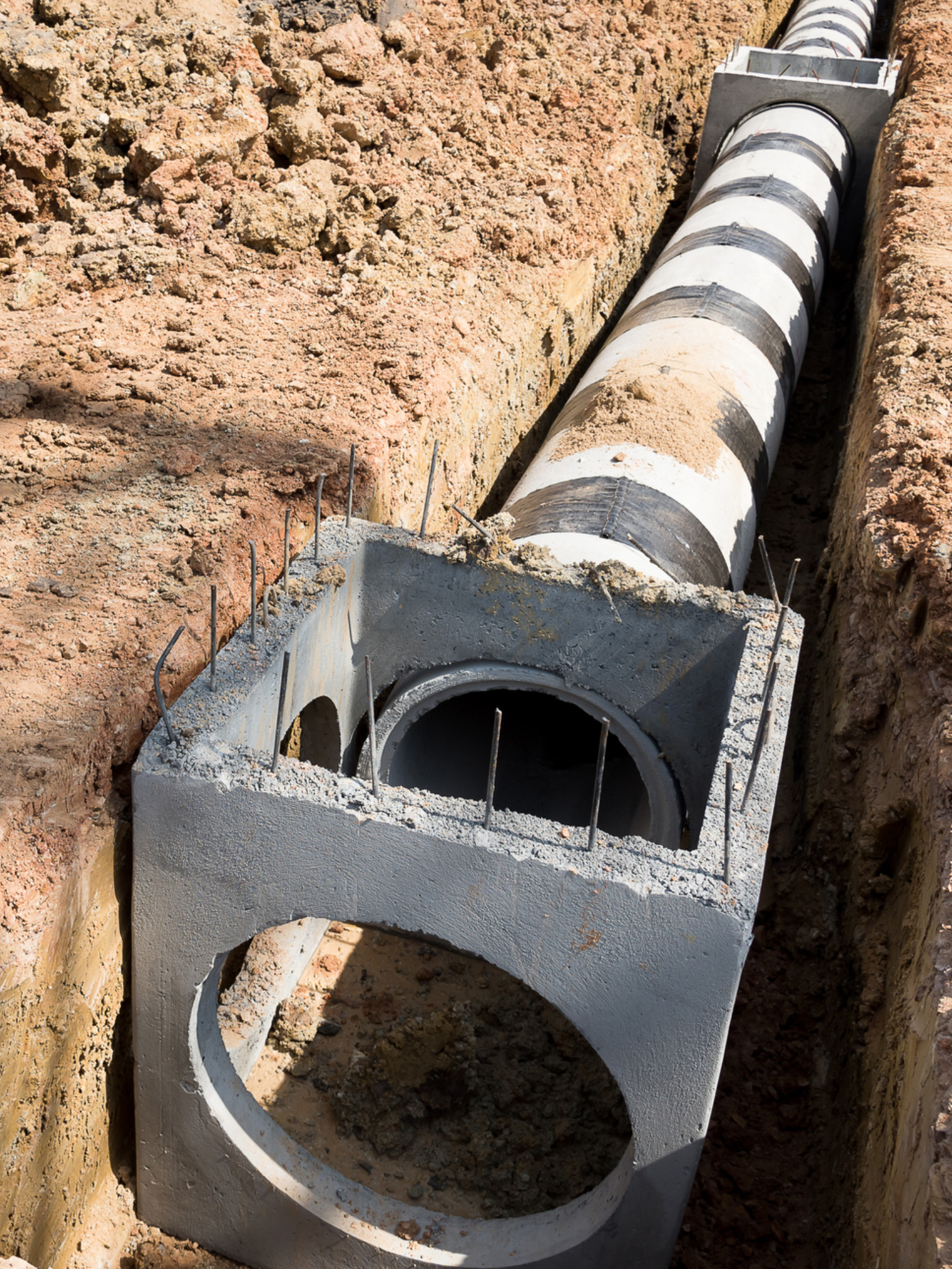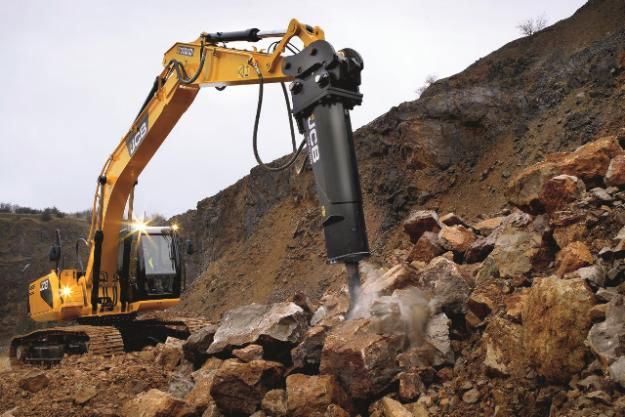Comprehensive Excavation Methods: Mastering the Principles for Success
In the realm of building and construction and civil engineering, the value of effective excavation methods can not be overstated. The cautious planning, accurate execution, and careful interest to detail required in excavation jobs require a detailed technique that incorporates numerous basic elements. From preliminary dirt analysis to the application of safety actions and routine development tracking, understanding these core elements is crucial for accomplishing success in any type of excavation undertaking. The true proficiency exists not simply in recognizing these principles but in seamlessly incorporating them to navigate the intricacies of excavation projects with skill.
Recognizing Excavation Task Preparation

The initial phase of any type of excavation task is the preparation stage, where important choices are made that can considerably affect the end result of the project. Understanding the job extent, timeline, and spending plan restraints is essential for producing a detailed excavation strategy that ensures the job's success.
One trick facet of excavation task preparation is the development of a comprehensive timeline that details the series of tasks, milestones, and target dates. By meticulously considering all these aspects during the planning stage, excavation projects can be performed successfully and effectively, leading to effective results - septic ohio.
Soil Evaluation and Site Examination
Performing extensive dirt analysis and website analysis is an important action in the preparation phase of any kind of excavation project. Soil analysis includes establishing the composition, structure, and homes of the soil at the excavation site. This info is important for recognizing the soil's bearing capacity, moisture material, and possibility for erosion, which are key consider identifying the excavation methods and tools required for the job.
Site assessment exceeds soil analysis and encompasses a wider assessment of the total site conditions. This examination consists of recognizing any type of possible threats, such as below ground utilities, environmental concerns, or unstable surface, that can affect the excavation process. By thoroughly examining the site, project supervisors can develop efficient excavation techniques that focus on safety, performance, and environmental security.
Utilizing sophisticated innovations like ground-penetrating radar, soil tasting, and drone studies can boost the precision and effectiveness of soil analysis and site assessment. Investing time and sources in these preliminary steps can inevitably conserve time and avoid costly hold-ups or issues throughout the excavation process.
Equipment Selection and Usage
Efficient excavation tasks count heavily on critical equipment selection and utilization to make sure ideal efficiency and performance. Choosing the best devices for the work is crucial in taking full advantage of effectiveness and minimizing downtime. Elements such as the kind of soil, depth of excavation, and task scope play a significant role in identifying one of the most suitable devices for the task available.

Along with selecting the suitable devices, appropriate usage is crucial to job success. Operators needs to be educated to manage the tools safely and efficiently - dump truck companies in ohio. Regular maintenance checks and prompt repair work assist protect against failures and ensure constant efficiency throughout the project
Precaution and Rules Conformity
In the world of excavation projects, prioritizing safety and security measures and conformity with guidelines is paramount to making sure a legitimately audio and secure functional setting. Security measures include a variety of techniques, consisting of performing complete site my blog evaluations, carrying out appropriate signage and obstacles, and offering adequate safety and security training for all workers associated with the excavation procedure. Adherence to guidelines, such as OSHA requirements in the USA, makes sure that the excavation project fulfills the required standards to shield workers, bystanders, and the surrounding atmosphere.

Surveillance Progression and Adjusting Approaches
Exactly how can project supervisors successfully track the improvement of excavation tasks and adjust their methods accordingly to optimize outcomes? Tracking progression is necessary for ensuring that excavation jobs remain on track and meet due dates.

Conclusion
In verdict, understanding the basics of thorough excavation techniques is crucial for the success of any kind of project. By comprehending job preparation, examining dirt and website problems, choosing appropriate equipment, abiding by security regulations, and keeping track of development, project supervisors can guarantee a effective and smooth excavation procedure. Implementing these methods will certainly bring about successful outcomes and lessen potential risks or setbacks throughout the excavation task.
The first stage of any type of excavation task is the preparation phase, where crucial choices are made that can significantly impact the outcome of the job. Understanding the task budget, range, and timeline restrictions is crucial for creating an extensive excavation plan that guarantees the job's success.
How can forecast managers properly track the advancement of excavation jobs and adjust their approaches appropriately to optimize outcomes? By carefully keeping an eye on development and being willing to adjust approaches, task supervisors can enhance the overall success of excavation tasks.
By comprehending task preparation, assessing soil and site conditions, picking appropriate devices, conforming with security regulations, and keeping an eye on development, job managers can make sure a efficient and smooth excavation process.